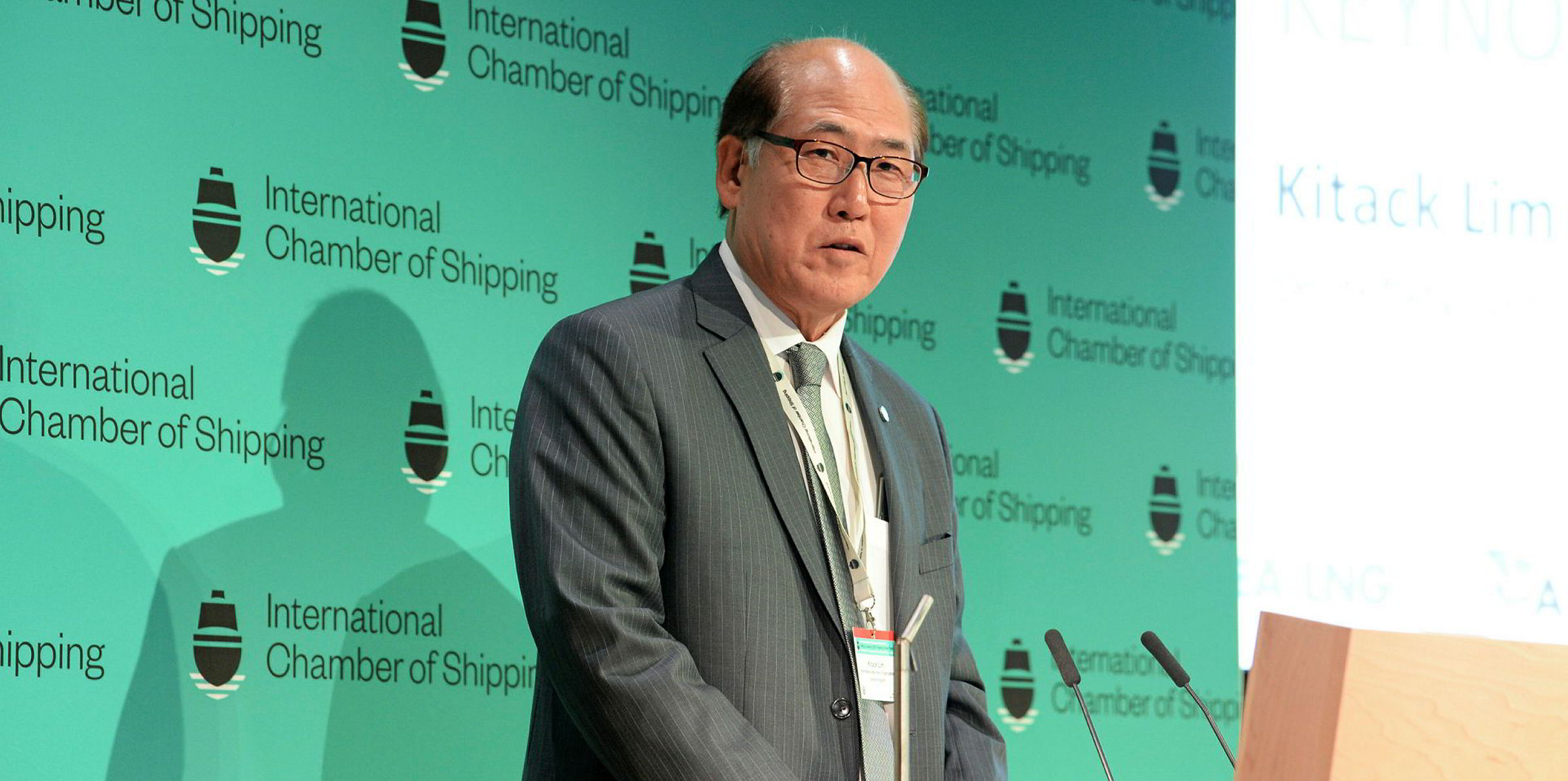New legislation has entered into force that will allow more than 10,000 seafarers to receive the national minimum wage in the UK.
The move, according to the UK government, is part of the country's work to "lead the way" internationally with the highest standards on pay protection, particularly within the European Union.
Until now, maritime has been the only sector in the UK that does not apply the national minimum wage protection for workers.
The change means that thousands of UK seafarers will no longer be undercut in pay by foreign labour.
The minimum wage is now applicable to seafarers on ships on domestic voyages and operating wholly or mainly in UK territorial waters, regardless of the ship's flag or crew's nationality.
The wage rule also applies to ships engaged in activities related to seabed exploration or the exploitation of natural resources on the UK continental shelf.
The national minimum wage has been in UK law since 1999 and, for those aged 25 and over, is £8.72 ($11.20) per hour as of April this year.
Seafarers on annual salaries will have to recalculate their monthly wages, based on guidance within the ILO Maritime Labour Convention and holiday entitlement under the laws of the relevant flag state.
Welcome change
The new legislation was announced on Thursday by UK maritime minister Robert Courts.
"Ensuring a fair wage for our seafarers, especially the hundreds of thousands who have kept this country going through the pandemic, means that UK workers are not priced out of jobs by employers," Courts said.
"This is just the start — our Maritime 2050 strategy clearly sets the vision to see a fairer global maritime industry and the UK is determined to lead by example."
The National Union of Rail, Maritime and Transport Workers (RMT) welcomed the move, saying it will increase employment for UK ratings.
“This is a welcome development at a tough time for seafarers in the UK and around the world," RMT general secretary Mick Cash said.
"Enforcement of this improved protection for seafarers is key to it increasing employment for UK ratings across the shipping industry, from the ferries sector to growth areas like offshore wind, decommissioning and coastal freight."
Enforcement issues
But an eye needs to be kept on compliance with and enforcement of the new legislation, according to the UK Chamber of Shipping, which represents shipowners.
"The UK Chamber of Shipping will promote compliance with the new legislation, and will closely monitor the impact of this expansion in the scope of the entitlement of seafarers to be paid the national minimum wage," a spokeperson for the organisation told TradeWinds.
"We also hope the government will provide sufficient resources to ensure that the legislation is enforced appropriately."
Neither the Maritime and Coastguard Agency nor the UK Border Force have any legal authority to enforce the national minimum wage.
Enforcement of the wage legislation is undertaken by HM Revenue and Customs, but the government agency cannot enforce compliance with the ILO Maritime Labour Convention or the Modern Slavery Act.








